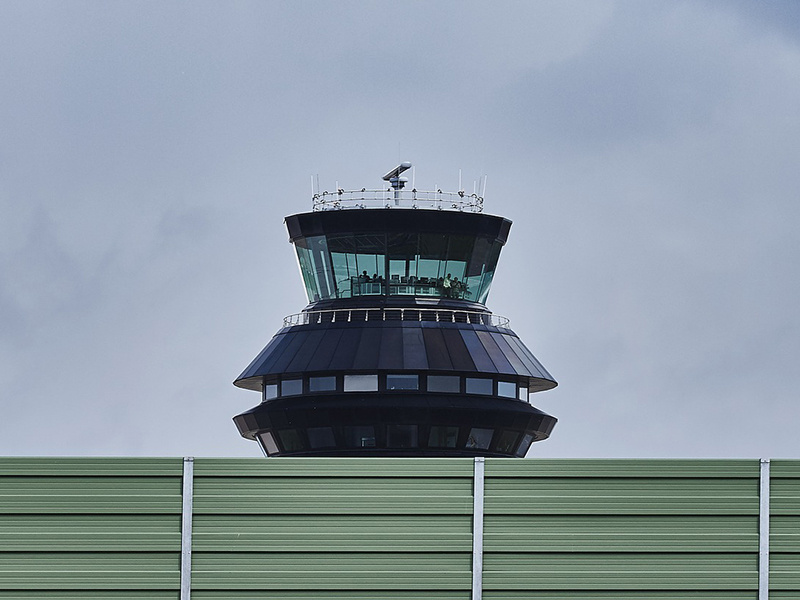


Without air traffic controllers, all airports would be chaotic, dangerous places. Imagine a passenger jet weighing about 80 tons or 80,000 kilograms, landing or taking off from one or several runways: that’s just one plane. However, busy international airports handle hundreds to thousands of planes a day. Just think of how challenging it is to keep thousands of 80-ton planes moving and keeping them from bumping into each other.
That fact that we don’t have news of airplanes crashing into one another at airports is because the air traffic controllers are doing their jobs right. Air traffic controllers usually:
You can either be a tower controller (responsible for runway and taxiway movement), an approach and departure controller (guarantees that aircraft within airport airspace retain the least parting for protection) and an en route controller (handles aircraft monitoring after they leave an airport airspace).
What do I need?
A college education – the first step to becoming an ATC is to complete a bachelor’s degree. You can take any course, but it helps to take anything that solely focuses on air traffic control or aviation management and technology.
Do good on the qualifying test – it’s important to note that you should be 26 years or younger to take this exam.
Ace the medical test and the interview – to qualify for training, you have to pass questioning by a panel of experts. In addition, you’ll have to be medically fit to work.
If you pass all of the requirements, you’re good to go! You can be admitted to an internship program that deals with various phases of theoretical and hands-on learning. After this, you’re well on your way to obtaining your degree and taking the English Language Proficiency (ELP) exam alongside your licensure tests.
ATCs in the Philippines work for the Air Traffic Service at the Civil Aviation Authority of the Philippines (CAAP).
The process of becoming an ATC isn’t a walk in the park, but if you have the heart to pursue it, you’ll be manning your station in no time. Start by choosing a school that hones your skills and supports your goals. Visit the WCC website and learn how you can start your career in aviation.
The information contained in this website is for general information purposes only.
While WCC Aviation Company endeavors to keep the information up to date and correct, we make no representations or warranties of any kind, express or implied, about the completeness, accuracy, reliability, suitability or availability with respect to information published in this website.
Click here to read the Privacy Statement in full